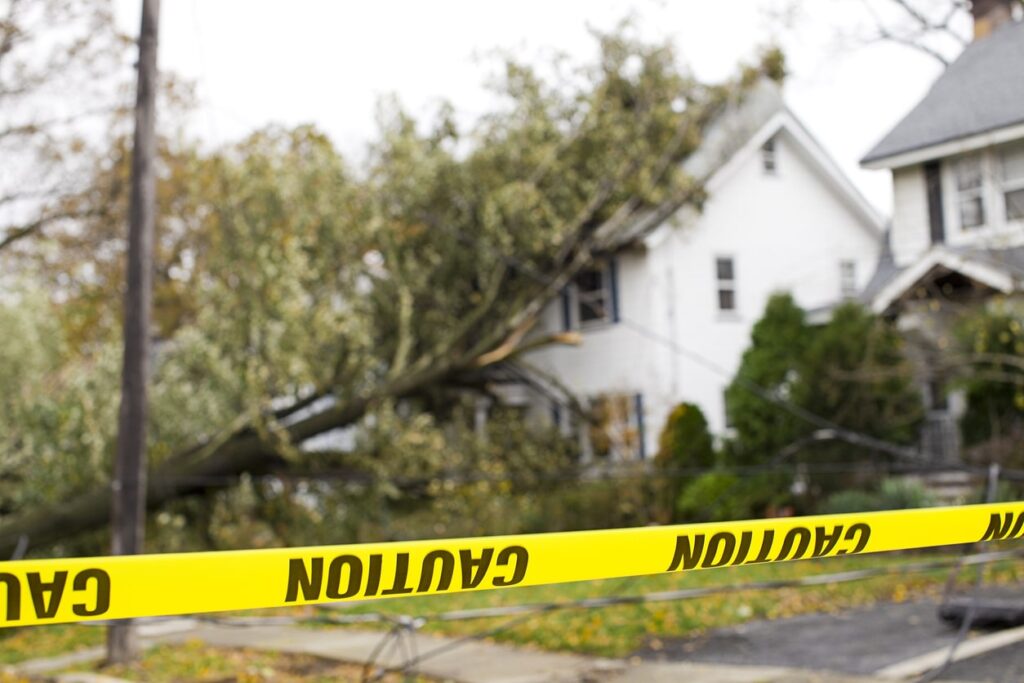Water damage is a serious problem that can affect any property. Damage can occur for a variety of reasons: floods, hurricanes, thunderstorms or hailstorms, pipes that have burst, and other accidents.
Water damage can cause structural damage, mold growth, and health problems. Therefore, it is important to know how to detect water damage before it becomes a bigger problem.
While we recommend having a professional inspect your property for some of these areas, there are some areas that we feel you are capable of checking as well!
Look for Stains on Ceilings and Walls
One of the easiest ways to detect water damage is by looking for stains on ceilings and walls. Water stains usually appear as yellowish-brown patches on the walls or ceilings. If you notice any stains, it is important to investigate further to find the source of the water damage.
Check for Warping or Buckling Floors
Another way to check for water damage is by checking for warping or buckling floors. When water penetrates the sub-flooring, it can cause the floorboards to warp or buckle. If you notice any changes in the flooring texture or shape, it is a sign of water damage, and you should investigate further.
Inspect the Attic and Roof for Leaks
The attic and roof are common areas for water damage. Inspect the attic and roof for any signs of leaks (this is best done during the actual storm or rain), such as water stains, mold growth, or rotting wood. If you notice any of these signs, it is important to fix the leaks immediately to prevent further damage.
Look for Rust or Corrosion
Water can also cause rust or corrosion on metal surfaces, such as pipes, appliances, or HVAC systems. If you notice any rust or corrosion, it is a sign of water damage. It is important to fix the source of the water damage and replace any damaged metal surfaces.
Check for Musty Odors
Musty odors are a sign of mold growth, which can be caused by water damage. If you notice any musty odors, it is important to investigate further to find the source of the water damage and prevent further mold growth.
What to do if you have water damage
Water damage is a serious problem that can affect any property. It is important to detect water damage early before it becomes a bigger problem. Filing a property insurance claim as quickly as possible after finding water damage is important!
Your insurance company needs time to inspect your property to determine the coverage you have on your claim to repair your home or business property.
What to do if the insurance company denies my water damage claim
If your insurance company denies your water damage claim, you should review your policy and consult with an attorney.
It is important to understand the reasons why your claim was denied and to gather evidence that supports your case. You can also request a reevaluation of your claim or file an appeal. If you are still having trouble getting your claim approved, an experienced attorney can help represent your claim against the insurance company to ensure you receive the money you need to repair your building.
















